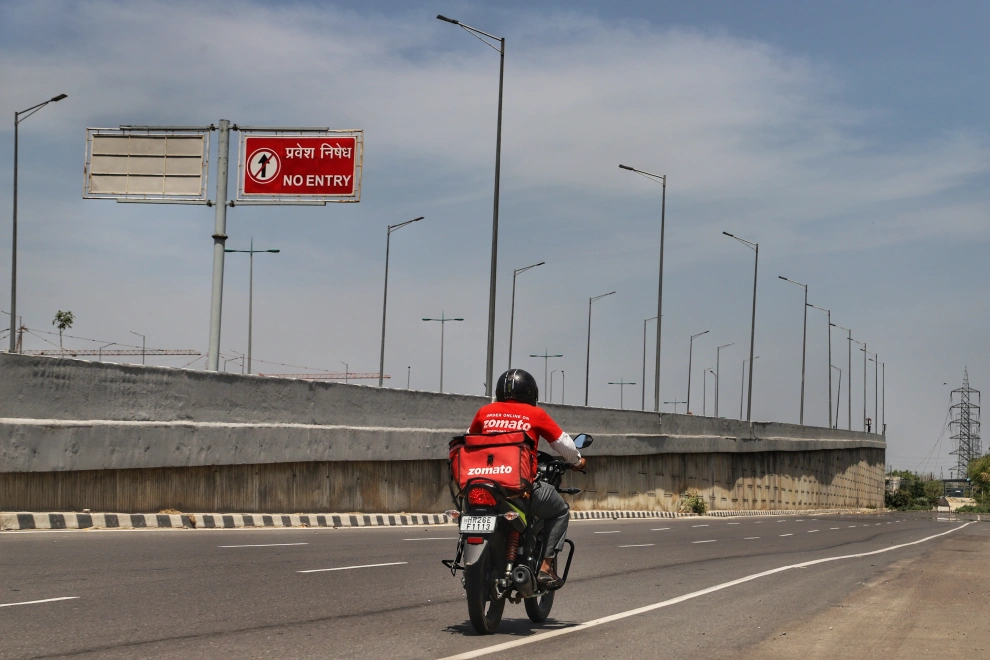Indian food delivery company and restaurant aggregator Zomato, recently announced its co-founder and Chief Technology Officer, Gunjan Patidar, has left the firm.
Patidar is the latest in a series of high-profile exits, including co-founder Mohit Gupta, Deputy Chief Financial Officer Nitin Savara and Vice President of Global Growth Siddharth Jhawar within the past few months. Additionally, the company saw two other co-founders depart last year.
“Patidar was one of the first few employees of Zomato and built the core tech systems for the company. Over the last ten-plus years, he also nurtured a stellar tech leadership team that is capable of taking on the mantle of leading the tech function going forward. His contribution to building Zomato has been invaluable,” Zomato stated in a stock exchange filing.

Gunjan Patidar, Zomato Co-founder and CEO
Zomato did not disclose why Patidar or the other top executives had left.
The departures of Zomato’s executives come as CEO Deepinder Goyal, also a co-founder, has been attempting to delegate and share top responsibilities with other executives. Last August, the company appointed four new chief executives to its leadership team.
The company also announced in November, it will be laying off about 3 percent of employees across its 3,800 member staff.
Zomato, backed by Ant Group, Goldman Sachs and Temasek, went public in 2021 and has since posted a loss of shares of over 57 percent of its value in the past year. Its most recent quarterly financial results in September report a loss of $30.4 million.
Despite losses, the startup continues to invest in its other ventures for profitability, such as Hyperpure, a wholesale ingredient supplier platform for restaurants.
Kaushik Dutta, chairman of the company’s board of directors told shareholders in its annual general meeting in August, that they think Hyperpure could become even larger than their food delivery business.
Zomato also entered the rapid grocery delivery market by officially acquiring Blinkit in August for about $567 million.
However, the Blinkit merger has faced backlash—the day the deal was announced, Zomato’s stock plunged 6 percent—as analysts believed it to be an overpriced acquisition. This comes as instant grocery delivery demand eases amid post-lockdowns and competition intensifies among Zomato’s competitors like Swiggy and Instamart.


